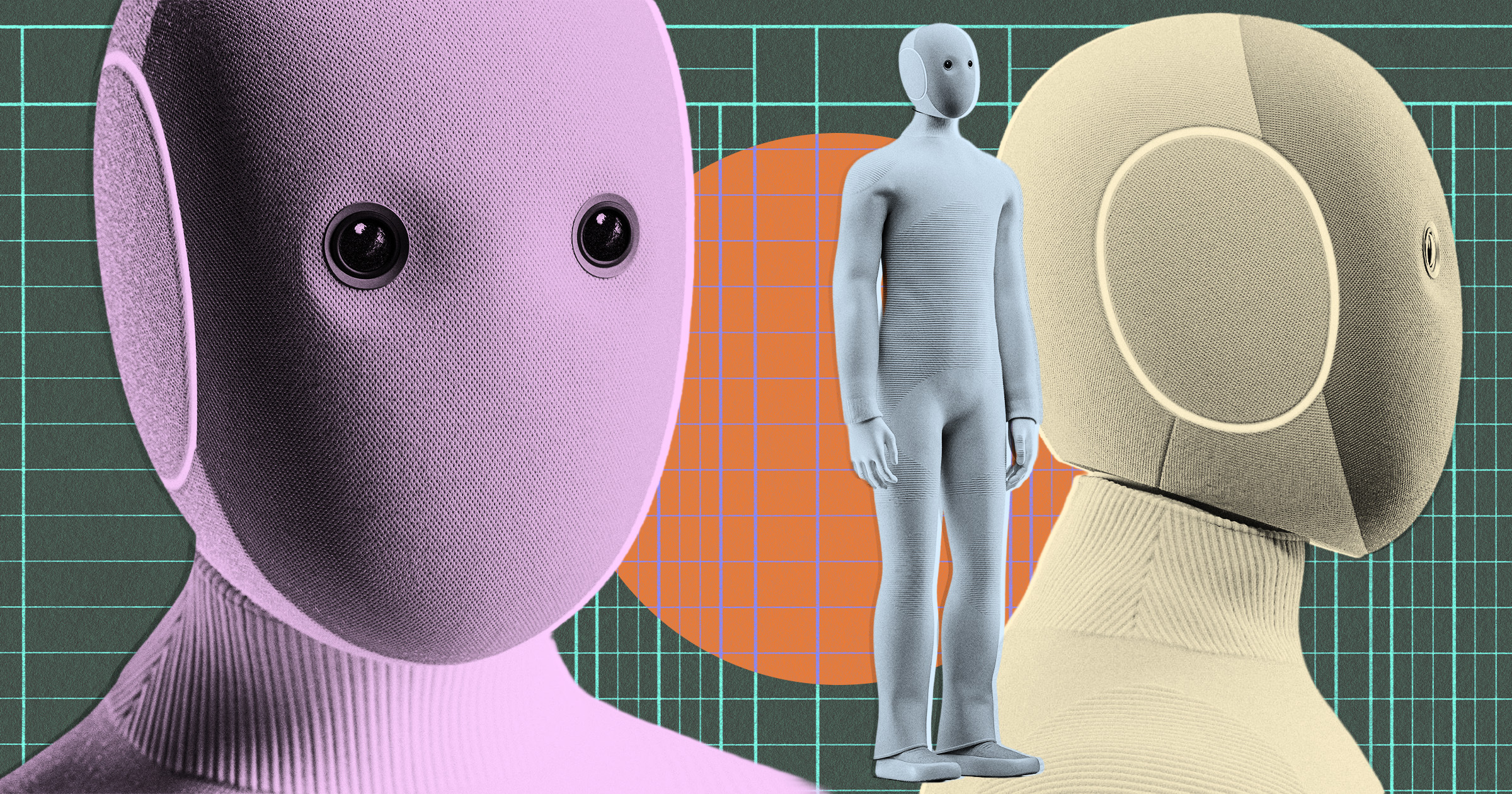Science
$20,000 NEO Robot: Innovative Assistant or Just Hype?

Tech enthusiasts are eagerly anticipating the arrival of the NEO robot, a $20,000 assistant designed to alleviate household chores. Developed by the Palo Alto-based startup 1X, the NEO is currently in its preorder phase, with shipments expected to begin in 2026. However, potential buyers should be aware of a major limitation: NEO is not autonomous. Instead, it requires remote human operators to complete tasks, which raises questions about privacy and practicality.
Standing at five feet six inches and weighing 66 pounds, the NEO robot features a fabric covering and is available in various earthy colors, including tan, gray, and dark brown. Interested customers can secure a preorder for just $200, followed by a subscription fee of $499 per month or a one-time purchase price of $20,000. This pricing structure may deter some potential buyers who are uncertain about the robot’s effectiveness.
The visionary behind NEO is Bernt Børnich, founder and CEO of 1X. A native of Norway, Børnich aims to distance his creation from the typical “hard, dark, sci-fi future” associated with many robotics products. Instead, he envisions a more approachable and friendly robot. As reported by Fast Company, users will manage NEO through a dedicated app, allowing them to schedule tasks to be performed by the robot.
However, the reliance on remote workers to operate NEO introduces significant privacy concerns. Users must accept that their homes will be monitored by a stranger whenever the robot is in action. In an interview with the Wall Street Journal, Børnich acknowledged the necessity of data collection, stating, “If we don’t have your data, we can’t make the product better.” The robot will continuously gather information to improve its AI capabilities, with the hope that it may operate autonomously in the future.
Despite the ambitious vision for NEO, challenges in humanoid robotics remain evident. Michael Hiltzik, a tech and business journalist, highlights that even advanced robots struggle with basic tasks, such as navigating household environments or safely handling delicate items like dishware. This raises doubts about the practicality of NEO as a reliable household assistant.
Projects like NEO and Tesla‘s Optimus are often viewed as more about capitalizing on technological trends than providing effective consumer solutions. Although the robotics industry has made significant strides, particularly in industrial applications, the field of humanoid robotics still faces considerable hurdles. For now, individuals seeking assistance with household chores may find that traditional human help remains the most dependable option.
As the rollout of the NEO robot approaches, consumers will need to weigh the promise of technological innovation against the very real limitations and concerns surrounding its operation. The journey from concept to functional household assistant is still fraught with challenges, leaving many to wonder if the future of robotics is quite as bright as it seems.
-

 Science2 weeks ago
Science2 weeks agoInventor Achieves Breakthrough with 2 Billion FPS Laser Video
-

 Top Stories3 weeks ago
Top Stories3 weeks agoCharlie Sheen’s New Romance: ‘Glowing’ with Younger Partner
-

 Business3 weeks ago
Business3 weeks agoTyler Technologies Set to Reveal Q3 Earnings on October 22
-

 Entertainment3 weeks ago
Entertainment3 weeks agoDua Lipa Aces GCSE Spanish, Sparks Super Bowl Buzz with Fans
-

 Health3 weeks ago
Health3 weeks agoCommunity Unites for 7th Annual Into the Light Walk for Mental Health
-

 World3 weeks ago
World3 weeks agoR&B Icon D’Angelo Dies at 51, Leaving Lasting Legacy
-

 Health3 weeks ago
Health3 weeks agoCurium Group, PeptiDream, and PDRadiopharma Launch Key Cancer Trial
-

 Entertainment3 weeks ago
Entertainment3 weeks agoRed Sox’s Bregman to Become Free Agent; Tigers Commit to Skubal
-

 Entertainment2 weeks ago
Entertainment2 weeks agoMother Fights to Reunite with Children After Kidnapping in New Drama
-

 Health3 weeks ago
Health3 weeks agoNorth Carolina’s Biotech Boom: Billions in New Investments
-

 Science3 weeks ago
Science3 weeks agoNorth Carolina’s Biotech Boom: Billions Invested in Manufacturing
-

 Top Stories3 weeks ago
Top Stories3 weeks agoDisney+ Launches Chilling Classic ‘Something Wicked’ Just in Time for October









